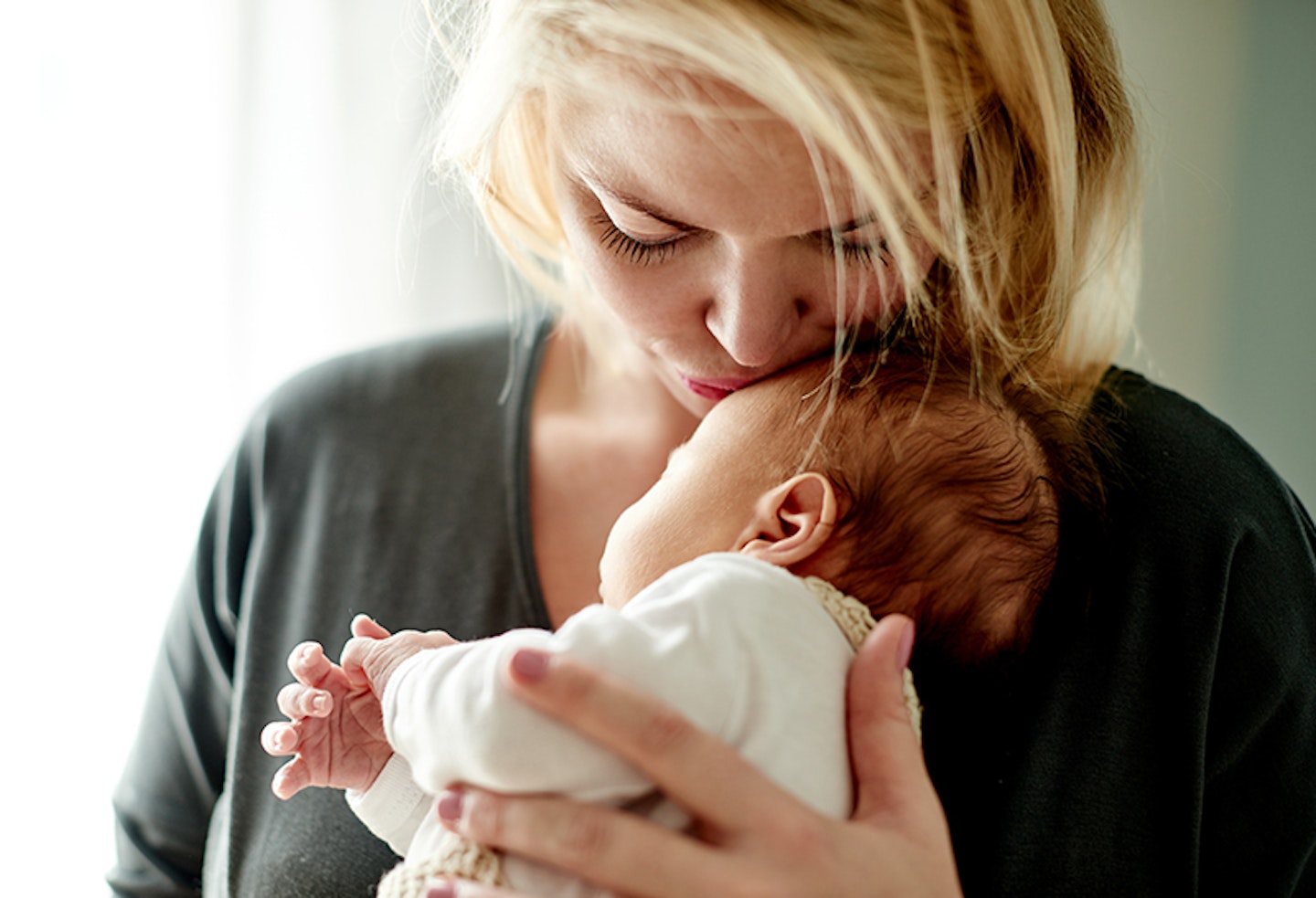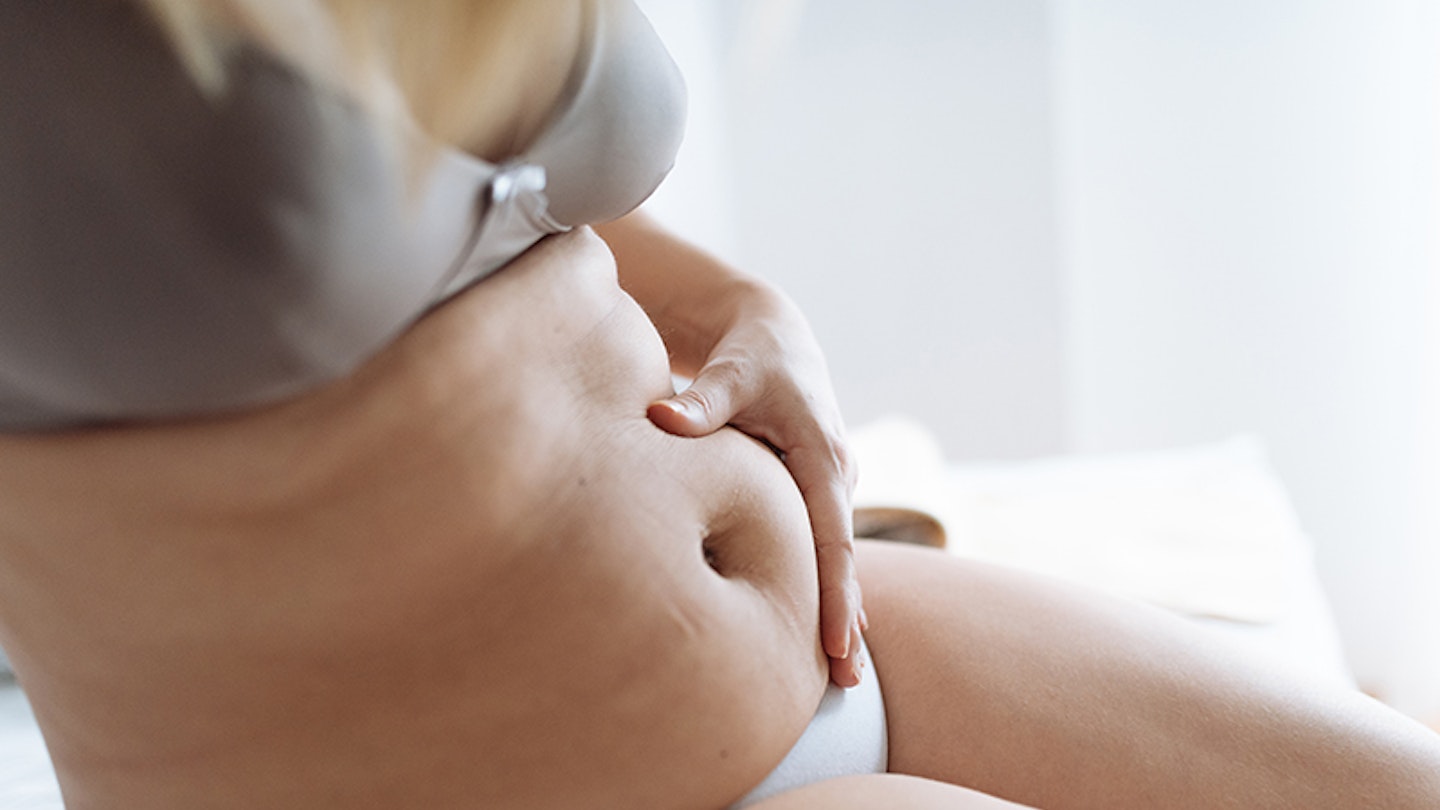You’ve just given birth to a beautiful baby and you’re adjusting to being a new mum when you start feeling like you’re in labour all again.
Don’t panic – experiencing contractions after birth is completely normal and is part of your body adjusting to no longer being pregnant.
These contractions will often feel like the pains you experienced in early labour. But it doesn’t mean you’re having another baby – it is simply your body’s way of helping your uterus get smaller and eventually return to its normal size.
Often referred to as after-pains, the contractions you experience after birth will also prevent you from losing too much blood.
Why do contractions after birth happen?
While you were pregnant, your uterus grew to 25 times the size it normally is to accommodate your growing baby. Once your baby has been born, it isn’t safe for your uterus to remain at this expanded size so your body starts a natural process known as involution.
During this stage of involution, your uterus will (almost) return to its normal size, usually by the time your baby is six weeks old. The pains you experience are the sensation of the uterus contracting and getting smaller.
These contractions after birth may be uncomfortable but they are an important part of the healing and recovery process. They help expel any blood clots and compress your blood vessels to prevent a postpartum haemorrhage.
They often feel like menstrual cramps and are usually worse if you’ve given birth before. They are at their most intense for the first few days after you’ve delivered your baby and they happen whether you have had a vaginal birth or a caesarean section.
You will usually find these post-birth contractions start to taper off when your baby is three days old. If your pains are really severe or seem to be getting worse, speak to your midwife or doctor for advice.
Why do my after pains feel worse while feeding?
If you are breastfeeding, you may notice that these contractions or after pains feel more intense. This is because your uterus is very sensitive to the hormone oxytocin, which your body releases during feeding.
Oxytocin – which is often referred to as the love hormone – stimulates the contractions of the uterus which is why the pain often seems worse. But on the positive side, the sooner your uterus returns to the size it should be, the sooner the pain and discomfort will stop.
Am I normal if I don’t experience after-pains?
Not all new mums will experience pains or they may be so mild you don’t really notice them, especially if you’re already taking painkillers to recover from the birth. If you don’t feel these contractions, it doesn’t mean your uterus is not shrinking – your midwife will monitor this during your postnatal visits and will feel your stomach to check it is getting smaller.

How can I relieve the pain from contractions after birth?
Some women find taking paracetamol helps with these after pains, especially if they take them before breastfeeding. However, make sure you follow the instructions on any medication and be careful not to take too much.
Make sure you are going to the toilet regularly. We know, those first few wees after a vaginal birth can be an intimidating experience, especially if you needed stitches but a full bladder can actually stop your uterus from contracting.
Urinating regularly will help the uterus do its job and reduce your discomfort.
You may also find laying face down with either a pillow or a warm heat pad under your lower belly helps. It will have been a while since you were able to lie on your front so it might feel a bit strange at first.
Gently massaging your lower stomach can also help but avoid doing this if you have had a c-section as your scar will still be healing. Getting up and walking around can also help as can breathing exercises.
